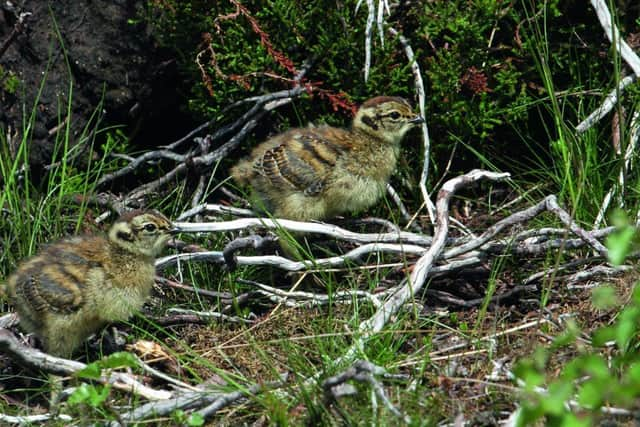Avian influenza: Call to halt release of game birds into the wild to prevent spread of deadly bug
The RSPB is calling for an immediate moratorium on the release of game birds and wildfowl for shooting in the UK this summer and autumn.
The charity want governments and the hunting industry to take a fully precautionary approach to the release of potentially infected captive birds, to limit the further catastrophic spread of avian influenza in wild birds.
Advertisement
Hide AdAdvertisement
Hide AdEvery year around 55 million pheasants and red-legged partridges and 2.6 million mallard ducks are specially reared in captivity and then released into the UK countryside to be shot for sport. Many of these birds are imported from across Europe then held in pens to mature prior to release.


Pheasants in the UK have tested positive for the most severe form of bird flu 14 times on three premises with commercial breeding game for release.
RSPB believes that to limit the catastrophic impacts of this outbreak on our wild birds, the deliberate release of captive birds into the countryside must be stopped for this year.
Bird flu has had a disastrous impact on Northern gannet numbers, other seabirds, migrating geese and even birds of prey.
On the Solway Firth, one third of the global Svalbard barnacle goose population was lost to the virus - more than 15,000 birds.
Jeff Knott, RSPB’s Director of Policy, said: “In recent months we have witnessed an unfolding catastrophe taking place on our wild birds.
"It has been emotionally tough to witness, but we are not helpless and there are many positive actions that we can take to help them weather this storm and reduce the risk of exacerbating this crisis. This disease originated in poultry in Asia before passing into wild birds. It is another human pressure on beleaguered wildlife across the world and in the UK specifically.
"We must all now take responsibility and do everything we can to limit the impact in the immediate term, and to implement and fund species conservation programmes to build resilience in our wildlife for the future.”
Comments
Want to join the conversation? Please or to comment on this article.